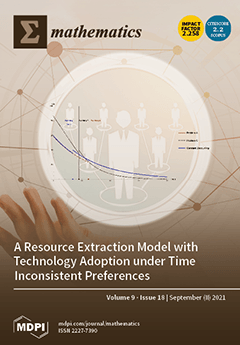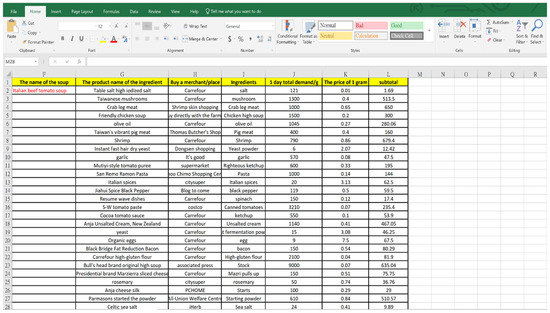Featured Scientist

Author published in "Mathematics" affiliate to
Ching-Sung Lee
School of Medicine, College of Medicine, Fu Jen Catholic University,
New Taipei 242, Taiwan
Article published in
"Mathematics" 8,19, 2219
Is Mathematics Required for Cooking? An Interdisciplinary Approach to Integrating Computational Thinking in a Culinary and Restaurant Management Course
In recent years, with the flourishing of the catering economy and the trends in computer technology, restaurant operators have increasingly relied on employees with computational and information skills. Breaking through the traditional teaching method of mere lecturing, the study conducts a teaching demonstration by integrating the computational thinking concept and a Microsoft Excel computational system on the school’s E-learning platform into the teaching of a Culinary and Restaurant Management course. A non-equivalent control group pretest–posttest study with a quasi-experimental design is adopted for the assignment of experimental participants and the design of the course. The results show that a curriculum design with computational thinking significantly improves the effectiveness of students’ learning in digital technology and is especially helpful for the cultivation of the key capabilities of menu design and cost planning among restaurant management skills. The study makes the following contributions: during the Culinary and Restaurant Management course, the use of the E-learning platform and computing programs such as Microsoft Excel is associated with greater learning effectiveness than traditional teaching methods. The research results can serve as a reference for promoting an E-catering business model and a sustainable educational model in the future. View Full-Text

Keywords: technologies for mathematics; computational thinking; training and education applications; culinary and restaurant management; information and communication technologies
43 views